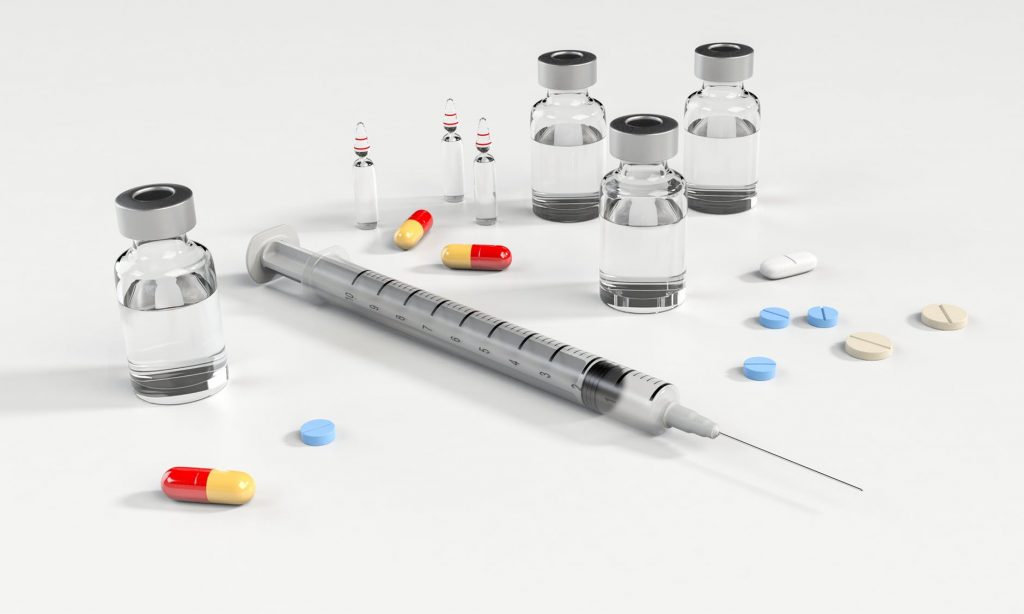Cosmetic surgery entails using a surgical procedure performed with a plastic/cosmetic physician to enhance the “appearance” of a specific portion of the body. Cosmetic surgery can’t just enhance physical appearance but it may also have psychological and mental results. Procedures like breast augmentation or a face lift might have a fantastic influence on someone’s self-esteem and confidence levels but may have negative side effects on other health.
All sorts of operations are risky and cosmetic surgery is no exception. The first is that the danger of this surgical procedure itself and the next is that of anaesthesia.
The dangers of plastic surgery vary from person to person along with the process of plastic surgery surgeons and the type of procedure itself. Again, the facets and background linked to the individual’s wellbeing carry immense significance. By way of instance patients suffering from specific ailments such as being overweight or smokers tend to be more prone to the risks of plastic surgery.
Though the complications or risks are extremely rare nowadays, patients must be aware and consider whether the benefits outweigh the risks. Modern cosmetic surgery is generally very safe however some lifestyle choices and other risks are still present.
Scarring: Scarring is a problem and whilst every attempt is made to minimize them, they do sometimes happen. This is much more of a problem with cultural minorities who, due to the darker skins tend to develop more thicker, elevated scars.
Health Status: In case you’re in less than ideal health then there’ll be increased risks during operation. In case you’ve got a history of cardiovascular disease or are obese then you’re at a much greater risk of complications by a general anaesthetic. These complications may appear as a mild stroke because of elevated blood pressure or an abnormal heart rhythm. Nonetheless, these remain uncommon.

Illness or infection: The probability of disease after cosmetic surgery is significantly less than 1 percent and antibiotics decrease this risk radically. But if the infection does occur, it’s extremely severe. Individuals who smoke, take steroids or possess specific cardiovascular ailments are at higher risk. The more your operation continues and the more blood you shed, the more inclined you are to contracting an infection.
Intense or sudden bleeding (hemorrhage or hematoma): Illness is a really frequent phenomenon for several hours after surgery and may occasionally result in complications. Blood reduction and its accumulation below the skin could produce a condition known as a hematoma that is disturbing in look and texture, as well as the colour of overlying skin can change to purple or blue. The region experiences feature pain but the pain becomes decreased slowly after our body’s’ very own anti-clotting mechanism begins fixing the particular region and reabsorbs blood. In delicate procedures such as vaginoplasty, the risks are somewhat elevated due to the sensitivity of the area.
Necrosis: it’s a departure of cells as a result of inadequate supply of oxygen into the worked area. The threat is quite uncommon in ordinary cosmetic surgeries however in plastic surgeries such as face-lifts, breast reductions, stomach liposuction and other procedures, there’s a chance of Necrosis. It raises with abrupt inflammation.
Anaesthesia dangers: The risks are based on the variables such as healthiness and seriousness of operation. Nausea is a frequent feature. A sore throat can be a commonly expert danger. The entire risk factor of the sort is typically very rare. Other dangers include allergic reactions, shocks, and ineffectiveness of anaesthesia.

Unhealthy private habits: Cigarette smoking is the biggest danger In the face and neck lifting especially, in which large regions of skin are changed from one place to another, the individual carries great risks for skin breakdown, lack of recovery, scarring and infection should they continue to smoke in the time of operation. Additionally, based on the process, the smoking could add just a modest danger. But when a patient has a significant liver malfunction, maybe due to a long history of drinking or drug consumption, then it’s no-go for anaesthesia.
Need for second surgery and dissatisfaction with results: Not all surgeries will result in adequate outcomes, medically necessary procedures such as urinary incontinence treatments are carried out to defeat the issues, however, the results of cosmetic surgery are quite subjective. This means that patients are sometimes unsatisfied with the outcome due to shape irregularities, symmetry problems and scaring. Worse yet, the unluckiest of sufferers may be left with chronic pain, damage to critical tissues, as well as nerve damage/localised paralysis.
Emotional and social damage: The possible negative emotional and social effects of plastic surgery have a whole lot to do with a patient’s pre-op expectations, along with her or his pre-op psychological state. It is very important to understand that while plastic surgery can bring positive benefits, it won’t affect your lifestyle, your difficulties, or even your relationships. It’s also important to see that there isn’t any such thing as physical perfection.



